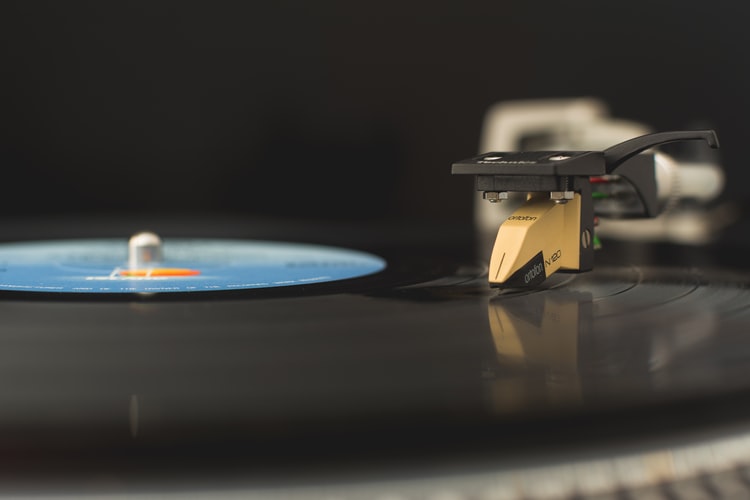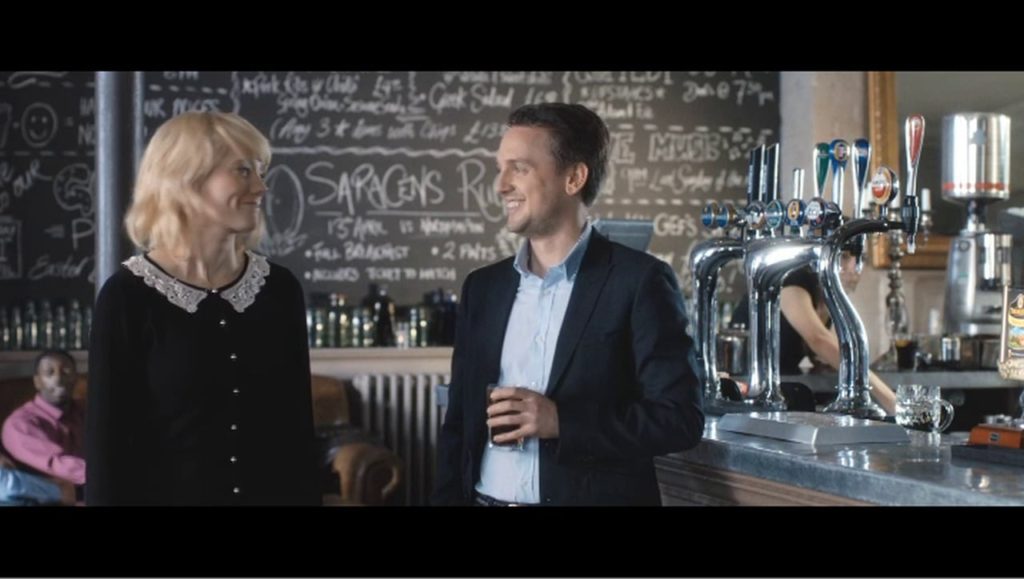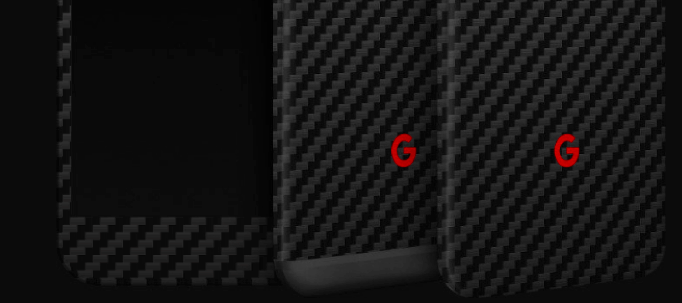
Vinyl record was the standard format for releasing albums until CDs gradually replaced it in the 1980’s. This isn’t such a surprise because vinyl is more expensive, more space-consuming, and it requires more protection and upkeep compared to the CD. It was only natural that many people made a shift to the CD, a more compact and cheaper format they can easily put in their bags. The CD was sleek and convenient…plus, OMG it’s skippable unlike vinyl or cassette tapes. Almost everyone made the switch. Bands love CDs too because they’re so easy to make, store, and ship so they can take a few CDs anywhere with much ease.
It is a surprise then that this year, vinyl record sales surpassed that of CD. If we look at the vinyl records of famous musicians in 2020, we can say that they’ve really paid attention to the format again! Not only are these vinyl records, they’re good-looking ones!
What’s going on? Isn’t convenience what we all want?
Well, not really. Some of us don’t want instant things. And oh, one more thing, what the CD can never compete with vinyl is the sound quality. Vinyl always wins.
Let’s get a little geeky. Vinyl records are exact replicas of the actual soundwave of the music. Unlike CDs that are digital recordings, vinyl records are analog recordings. This means that vinyl records capture all the frequencies of the soundwave while CDs take snapshots of these frequencies and translate it into numbers (0s and 1s) using a computer. With digital recording, some of the frequencies may not be captured and translated thus giving a lower quality compared to vinyl records. During custom vinyl record pressing, soundwaves are etched directly to the vinyl so that means no information is lost. The quality of sound that the artists intend for you to listen is exactly how you’ll hear it on vinyl.
Second reason is the analog output that record players have. Record players do not need to be converted before it can be fed to your amplifier which means that the soundwaves from vinyl records are more accurate which is heard in the richness of the produced sound. On the other hand, CD players need to convert these digital recordings into analog signals which are then fed into the amplifier. The amplifier will then raise the voltage of these signals. These signals will be raised enough to drive the speakers. This act of converting from analog to digital, then back to analog makes the product lose some information along the way, as it only approximates and does not replicate the whole original soundwave of the music.
Third reason is loudness. Digital recordings can already increase the loudness of music these days. Such actions can affect the quality of the music. It can make the music sound distorted and unpleasant to listen to. The digital recordings loudness can be helpful when you are in busy streets or are in a place with noise, but when you’re in a quiet place the loudness can reveal the distortion of the music. With vinyl records, the loudness is enough and is not artificially increased. The rich sound it produces, will be best enjoyed in a quiet place alone or not.
To summarize: Sound quality of vinyl records are definitely better compared to that of CDs. Vinyl keeps the original waveforms of the sound intact, there is no loss of information with the player, and the loudness is just soothing to the ears.
However, vinyl records also have some disadvantages. Aside from it being more expensive, it is more prone to damage. Dust has continued making an enemy out of vinyl record lovers for these dust affects the sound quality of vinyl records. As I’ve stated in our second reason, these vinyl record players don’t need conversion to be fed to an amplifier, therefore giving us the rich sound of the music. However, the dust on the grooves affects it, causing statics and unnecessary sound to come out which is very evident in the silences of the vinyl record. CDs, on the other hand, as they are digitally recorded, don’t have any noise in between silences. But this is actually part of the charm of the vinyl listening experience. It creates warmth like the ones made by the crackles of the fireplace. Some records could also have slight imperfections like a warpy sound but that’s because no two vinyl records are the same. This also adds to the beauty of this format. As they say, imperfections are beautiful, and I will dare say that this applies to both life and music.
I tried to write down some “cons” of the vinyl format but it seems like it shows how biased I am. I love vinyl and I’m so glad more and more people are listening to it again today. Vinyl definitely sounds better and it has more character.


